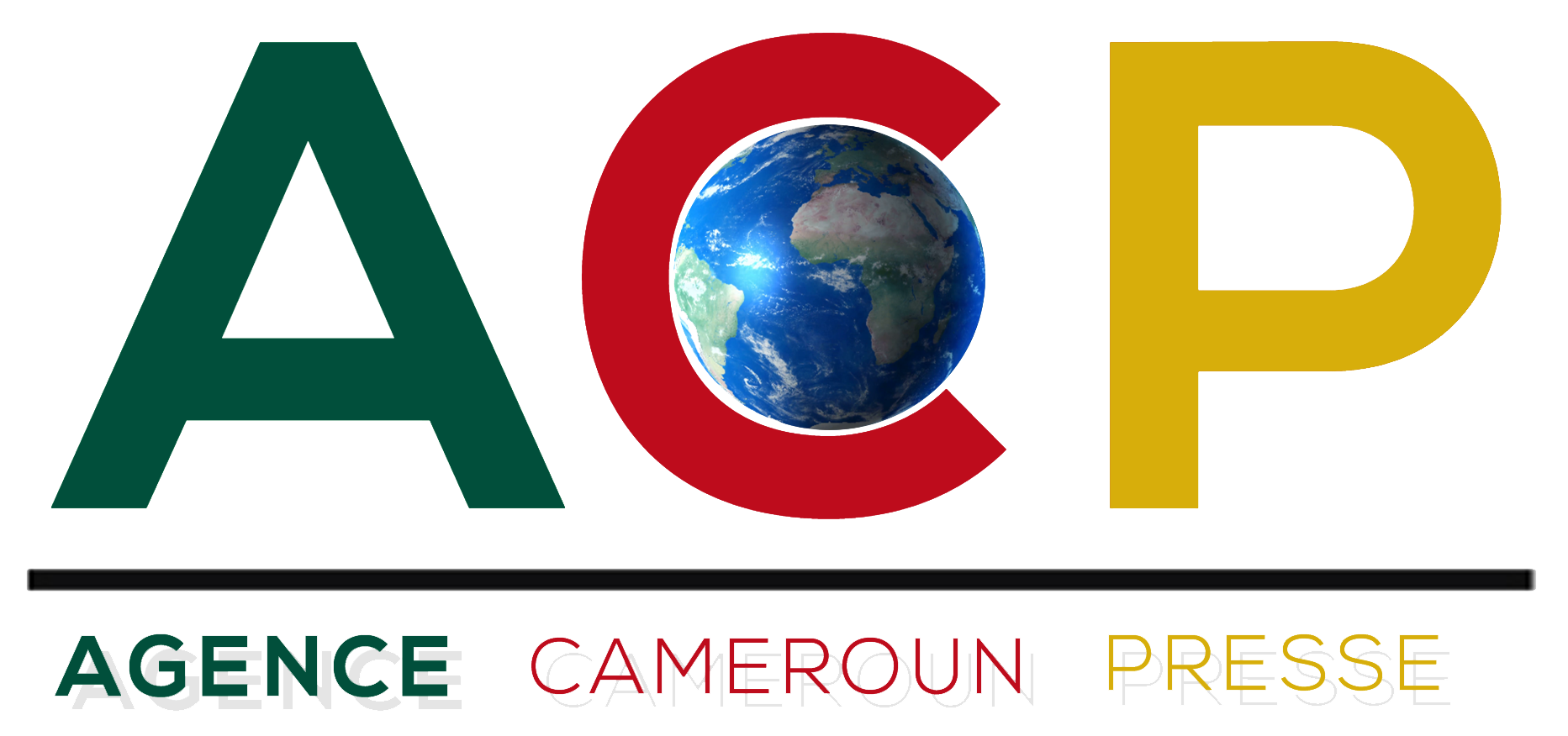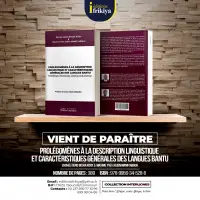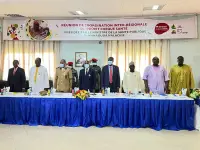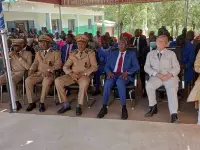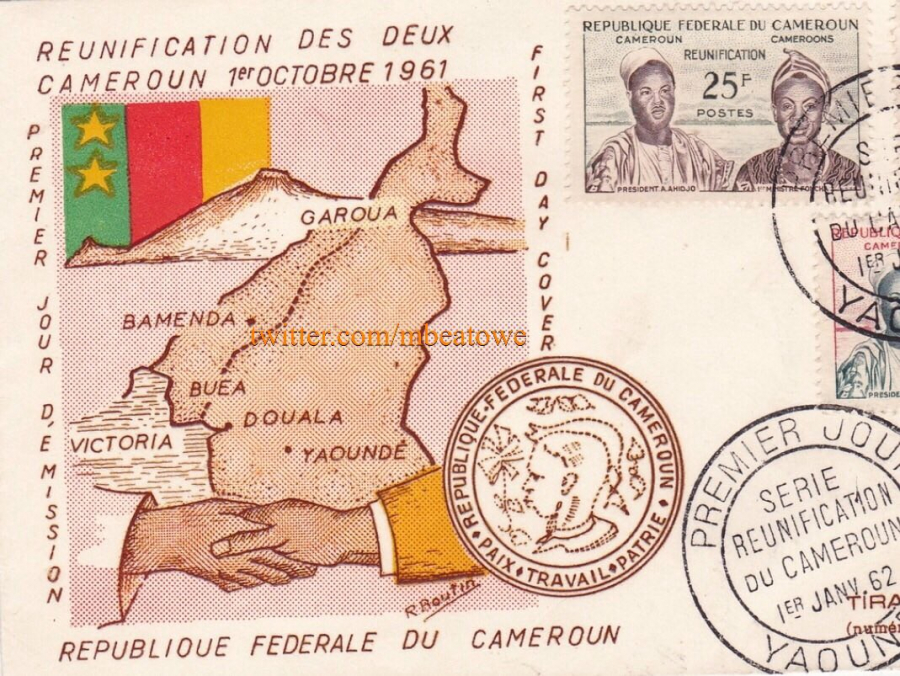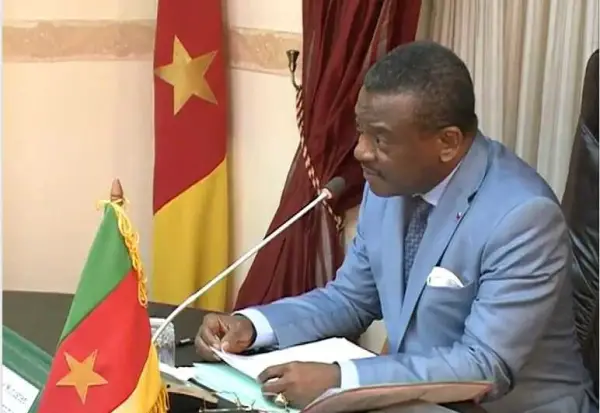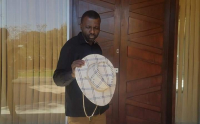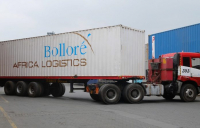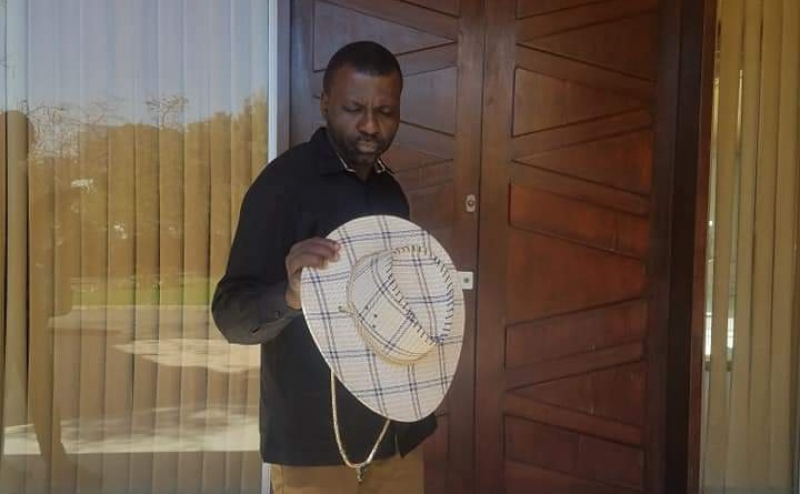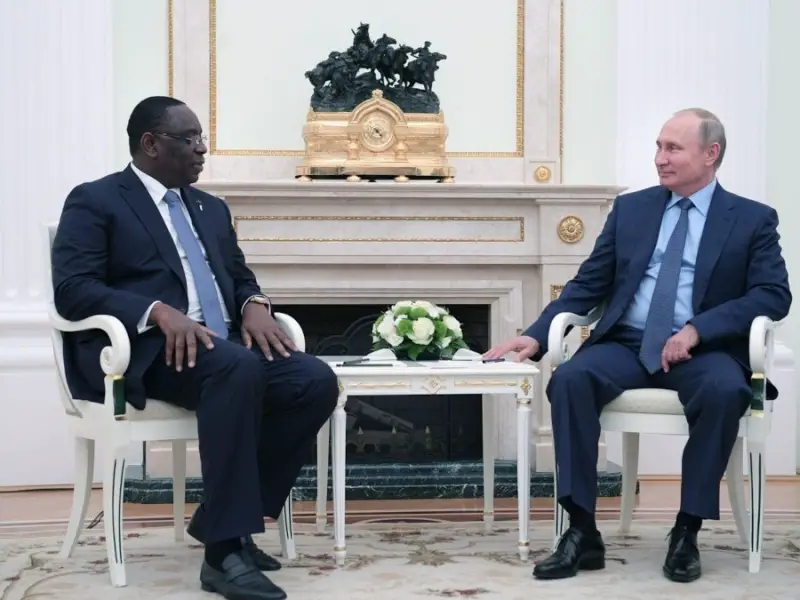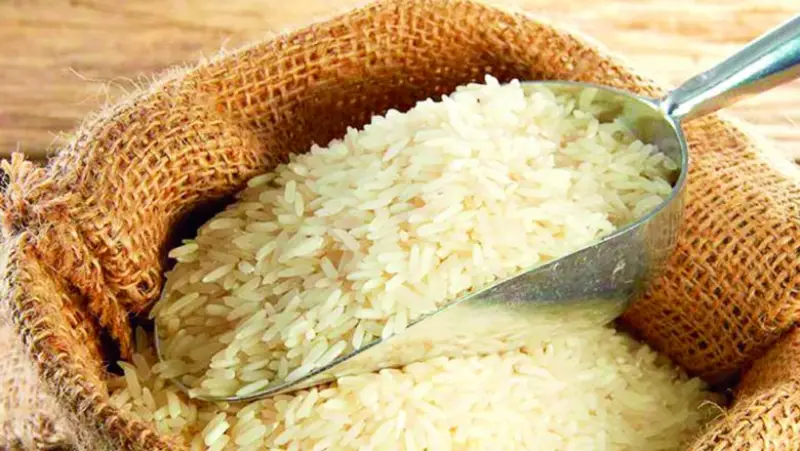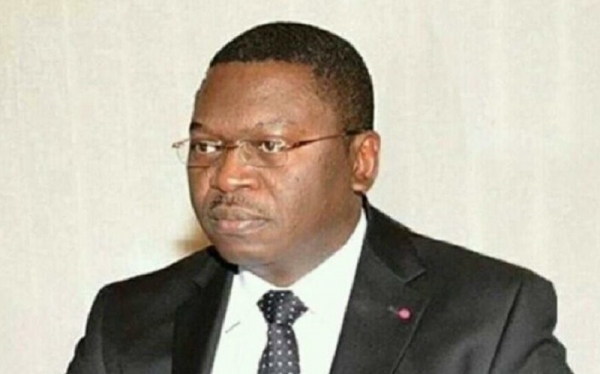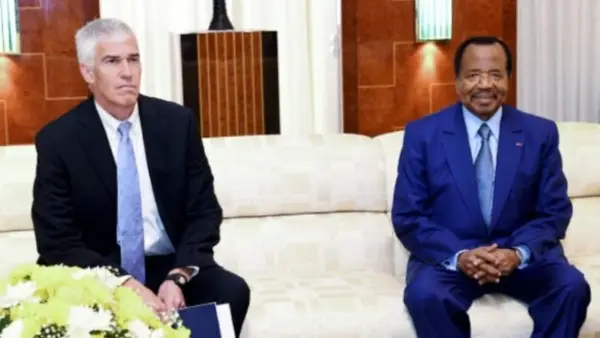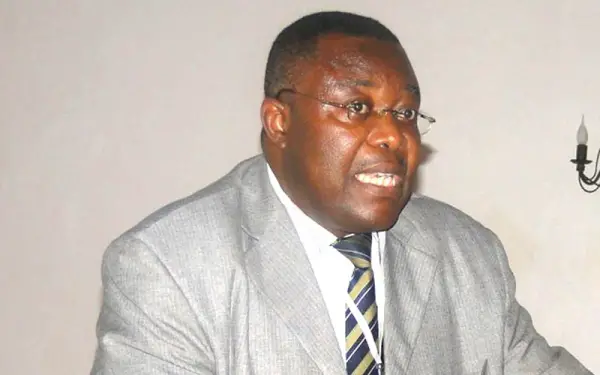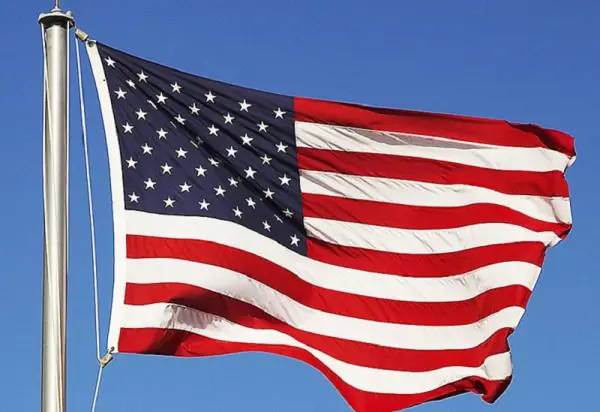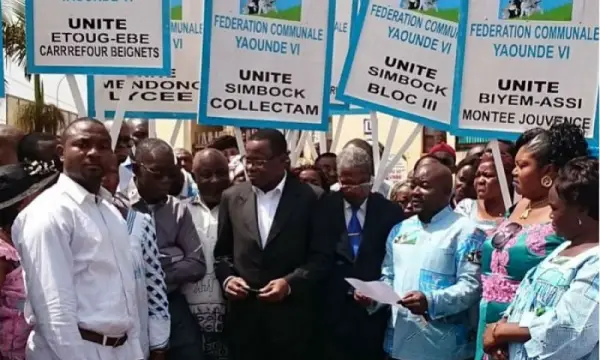Today October 1, 2021 marks 60 years since former British Southern Cameroons gained independence by voting to re-unify with La Republique du Cameroun. Separatists in the two English-speaking regions of the country consider this day as their ‘Independence Day’ declared by jailed Ambazonia leader, Sisiku Ayuk Tabe in 2017.
Parts of the North West and South West regions of Cameroon often experience clashes between separatists fighting for the ‘independence’ of a State they call Ambazonia and Government forces on this day, October 1 since 2017 when jailed Ambazonia leader, Sisiku Ayuk Tabe declared the independence of the said State.
This independence, they say is in remembrance to the day the former British Southern Cameroons voted overwhelmingly to achieve their independence by joining La Republique du Cameroun, the former French Territory of East Cameroon which had gained its independence in January 1960.
A referendum was held in British-ruled Cameroon over whether to join the newly independent Cameroon or Nigeria. The option of independence was not on the ballot. The territory's northern half opted to join Nigeria, whereas the south chose to merge with Cameroon for a federal status. Since then, Cameroon has been split between a French-speaking eastern and an English-speaking western half.
The federal status was later changed to United Republic of Cameroon in 1972 by late President Amadou Ahidjo and finally to the Republic of Cameroon in 1984 by President Paul Biya.
October 1 according to historians therefore stands as a very important date in the history of Cameroon. Late Barrister Bernard Muna once said that “without the October 1 plebiscite, there would never have been any May 20, without the re-unification on October 1, 1961, East Cameroon would have been stuck with January 1 as its National Day…”
Today, separatists in the two English-speaking regions demand the independence of a State they call Ambazonia over what they termed ‘Anglophone marginalization’. A crisis that began with a protest by lawyers and teachers calling for the English language to be given full recognition in public administration, the judiciary and the education and health care sectors, as guaranteed by the constitution soon escalated and saw the birth of a separatist movement.
Despite efforts by the Government to weaken the separatist groups which reports say benefit from support out of the country, the situation is yet to return to normal in the two English-speaking regions. The United Nations report of April 2021 indicated that attacks between Government and separatist fighters so far displaced more than 700,000 civilians and forced another 63,800 across the border to Nigeria. Added to that, civilians, children, students, soldiers and separatists continue paying with their lives.
The Major National Dialogue
In September 2019, the Head of State, Paul Biya convened the Major National Dialogue during which delegates had to seek solutions to the lasting crisis.
At the 76th United Nations General Assembly, President Paul Biya who was represented by the Minister of External Relations, Lejeune Mbella Mbella said the implementations of the recommendations of the dialogue, including the granting of a special status to the regions and the reconstruction plan have contributed a long way to reduce tension in the troubled regions.
He stated that despite “sporadic acts of banditry still perpetrated by armed gangs”, peace is gradually returning to the regions.
It is worth mentioning that ahead of this October 1, administrative authorities in parts of the North West and South West regions restricted movements and banned undeclared gatherings to frustrate any move by separatists to celebrate their “Independence Day”.
Ariane Foguem
